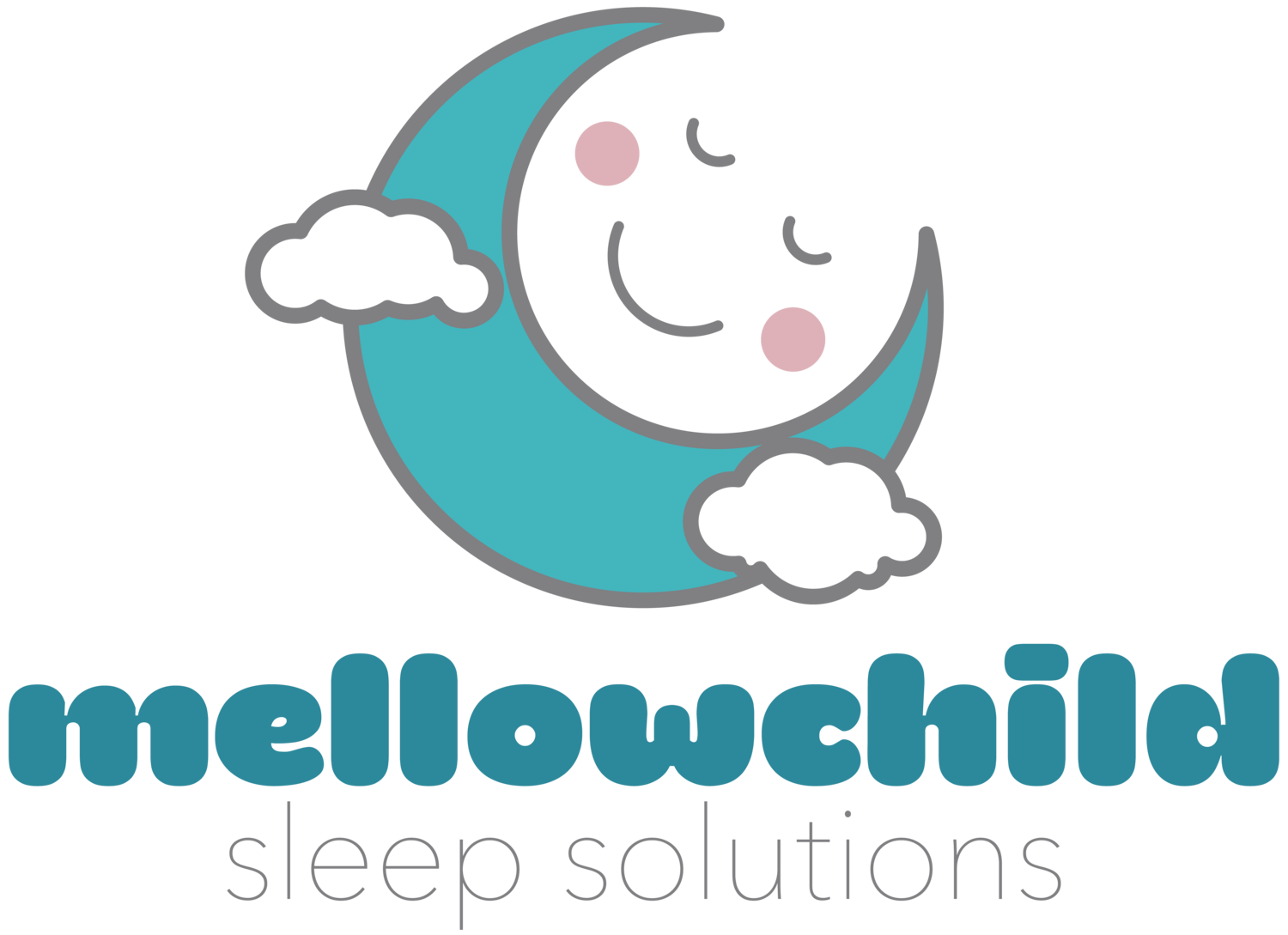3 Misconceptions I Wish I Hadn't Let Get in the Way of Improving My Child’s Sleep
As parents, we’ve all been there: those sleepless nights spent trying to soothe our little ones back to sleep, wishing we had some magical secret to help them, and us, rest. I've been through this journey and have learned some valuable lessons which I want to share with you. Here are three things I wish I hadn’t allowed to hinder my attempts in improving my child's sleep.
1. The Fear of Sleep Regressions
The concept of sleep regressions seemed to lurk around every corner during my child's early years. I constantly came across information suggesting a regression for almost every month of the first two years. This made me hesitant to seek help or advice, as I believed these disruptions were normal and unavoidable.
In reality, while certain developmental milestones can temporarily affect sleep, they are not the sole reason for ongoing sleep issues. The only significant change related to sleep typically occurs around four months old, and even then, not all babies experience difficulties. Ongoing poor sleep is more likely due to other factors, not so-called "sleep regressions."
2. Assuming Teething Is Always The Problem
Teething is a real and often painful process for babies, but it became an overused excuse for my son’s sleep troubles. I would frequently attribute his sleepless nights to teething, medicating him, applying gels, and soaking his soother in syrup. Despite my efforts, he continued to struggle with sleep.
Looking back, I see that I blamed teething far too often for what was actually a lack of routine and poor sleep habits. Teething might disrupt sleep for a few nights, but it’s not a constant issue. By focusing too much on teething, I overlooked the importance of establishing a consistent sleep routine and good sleep habits.
3. Believing Sleep is 'Natural'
As a parent, it's natural to feel overwhelmed by all the sleep advice out there. I felt the same way, navigating through endless information and deterred by anti-sleep training messages that suggest sleep should just happen naturally. These messages often promote responsiveness at the expense of our well-being, creating unsustainable sleep habits.
But how we sleep is actually learned behaviour, and learning to sleep well is a skill. We're often told, 'you're doing nothing wrong,' 'it will pass,' 'frequent night waking is normal,' and 'they will eventually get there on their own.' But is it really just about waiting for time to pass and sleep will improve on its own? In my experience, it's not. A child's sleep isn't a one-size-fits-all journey. There can be a world of difference between how two children sleep, even when parented similarly.
Many factors influence our children's sleep: their temperament, sleep environment, health, nutrition, daily routines, and even how and when they are put to sleep. Yes, even what they use to fall asleep matters. By becoming curious about our child's sleep, we can often find solutions or become aware of factors we might have overlooked. Let's stop thinking that sleep just happens naturally or gets better on its own over time. Your caring intervention isn't about forcing something; it's about understanding your child's sleep patterns better and guiding them toward sustainable sleep habits that help the whole family get the rest they need.
